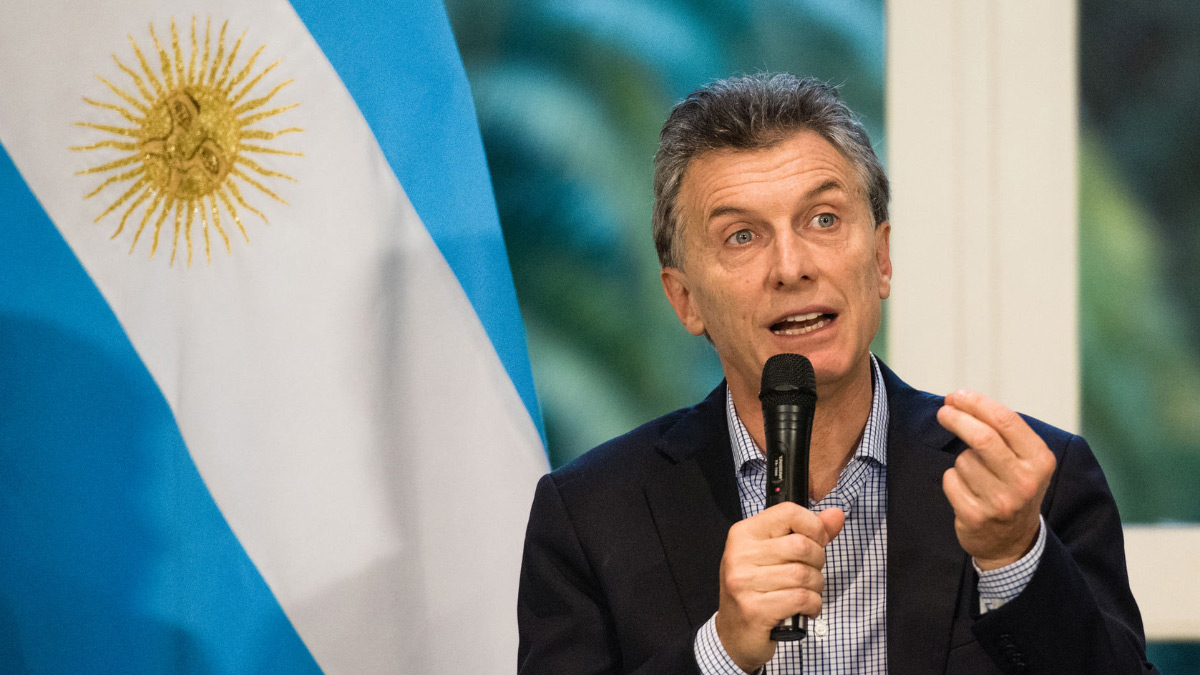Venezuela has been stealing the headlines coming out of the emerging world (actually, the “submerging” world) of late, but Argentina should be getting some attention too.
The person who inflicted the most damage on that country in recent memory, former president Cristina Kirchner, is leading the polls for this year’s presidential election in October, ahead of the incumbent president, who was supposed to dismantle her catastrophic legacy and unleash an era of economic prosperity.
The thought that more than a third of Argentinians might vote for Ms. Kirchner in the initial round of voting, and more than 45 percent in a runoff election, as some polls suggest, is disturbing. After all, she faces numerous charges of embezzlement, bribery and money laundering; she devastated Argentina’s social and political fabric with her authoritarian exercise of power, patronage and clientelism; and when she left power in 2015 Argentina’s economy was stagnant, inflation was rampant, the Argentine peso had lost its value and credibility, the government had no access to international credit and private investment had collapsed.
When Mr. Macri came to power he made a momentous choice. Haunted by the thought that the demagogic and well-organized Peronista opposition would topple him as it had previous non-Peronista administrations, he decided not to break decisively with the past, opting instead for “gradualism.” The expectation was that a few measures such as settling the dispute with international creditors, eliminating most agricultural export taxes, lifting capital controls, and encouraging investors to bet on Argentina would unleash a torrent of private investment that would take care of everything.
Although Mr. Macri’s fears about “Peronismo” were understandable, the result of “gradualism” was that the structural problems were not addressed.
The worst of these problems include colossal public expenditures that had doubled the weight of government under Ms. Kirchner; compulsive money printing; a regulatory labyrinth that inhibits trade, and a suffocating taxing system with more than 100 taxes. According to “Paying Taxes 2018,” a report by the World Bank and PwC (PricewaterhouseCoopers), some people under the tax system have to pay the government as much as 106 percent of their income.
The failure to attack all of this from day one sent the wrong message to just about everyone: Businesses, workers, consumers and foreign investors. Inflation under Mr. Macri, expected to “slow” to 34 percent this year, is now double what it was under Ms. Kirchner. The peso has lost 58 percent of its value in less than a year. Interest rates are at 70 percent. The economy is contracting, rather than growing. And the poverty rate is back at 30 percent.
The attempted bailout by the International Monetary Fund last year failed to restore confidence. So the situation is grave. Argentina’s net reserves are running low after the billions spent trying to shore up the peso and the government is facing a bill of more than US$14 billion between now and 2021 in debt repayments and servicing.
The political capital lost by the government has had the very consequences that Mr. Macri was trying to avoid when he doubled down on “gradualism” after it became clear the policy wasn’t working: It encouraged the resurrection of Cristina Kirchner.
Mr. Macri is so worried by her challenge that he has now opted for price controls on some 60 “essential” products and services, and is subsidizing credit lines through the social security agency.
I’ve had the opportunity to encounter Mr. Macri—both before and since he became president—at various events over the years. He is intelligent and fully aware of the devastation that Peronista-style populism brought to Argentina.
He also understands what brings prosperity to a community and promises that real reform is on the way—and that his second administration would finish the job.
But most Argentineans say they don’t believe him anymore. It would be tragically ironic if he, of all people, were to bring about the return of Cristina Kirchner and of Peronista-style populism.













